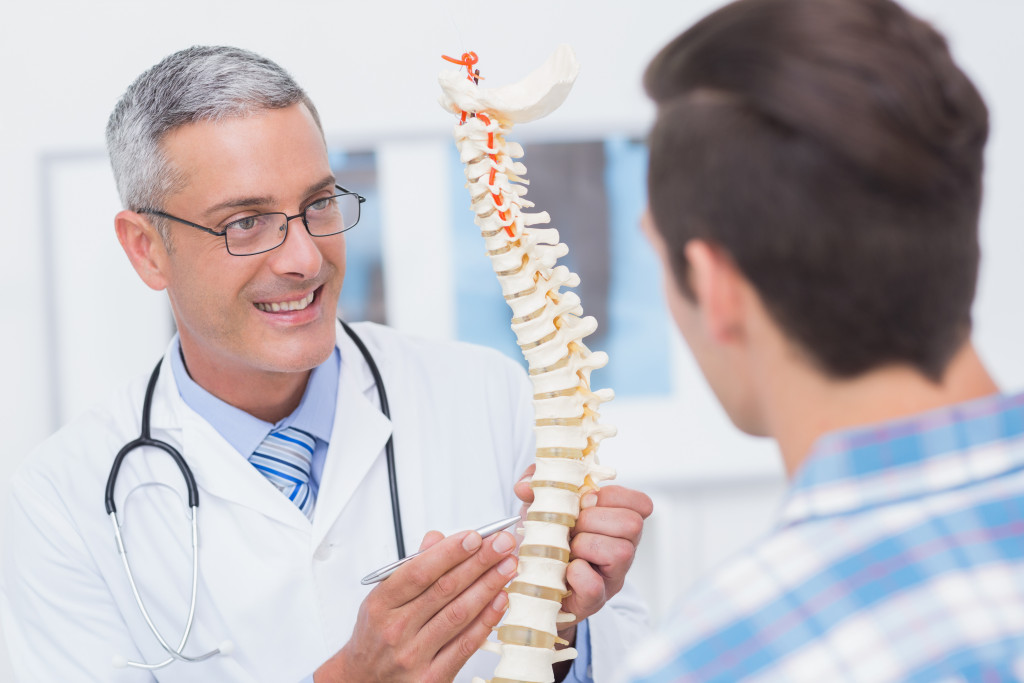Global health is a complex issue that affects people all over the world. To improve global health outcomes, it is important to understand the various factors contributing to this complex problem. Especially nowadays, technology can play a pivotal role in addressing many of the challenges faced by the global health community.
This article will explore how technology can be used to improve global health. Here are ways in which technology can make a difference:
Improve access to information and resources.
One of the most important ways technology can improve global health is by providing access to information and resources. With the right tools, healthcare professionals can connect and share knowledge and best practices. In addition, technology can also help to make health information more accessible to the general public. This can help increase awareness about important global health issues and promote collaboration among stakeholders.
For example, mobile apps and online platforms can be used to share health data and track progress towards goals. In addition, social media can raise awareness about global health issues and connect people with resources. Technology can also help to improve access to essential medical supplies and equipment. For instance, water ultra-filtration systems and solar-powered vaccines can be used to improve access to clean water and vaccinations in remote areas. Also, 3D printing can be used to create low-cost prosthetics, and drones can be used to deliver medicines to remote areas. Ultimately, technology plays a vital role in improving access to information and resources, which is essential for achieving better health outcomes globally.
Increase access to quality healthcare.
Access to quality healthcare is a critical determinant of health outcomes. Unfortunately, access to care is often unequal, with people in rural and underserved communities experiencing significant barriers. Technology can help to close this gap by making quality healthcare more accessible. For example, telemedicine can provide remote consults to patients in rural areas.
In addition, mobile health applications can help patients track their health data and stay informed about their condition. By making quality healthcare more accessible, technology has the potential to improve outcomes for people all over the world.

Help to prevent and control disease outbreaks.
Monitoring and responding to disease outbreaks is an important way to protect people worldwide. Technology can play a role in this by helping track disease spread and identify potential hot spots. Mobile apps can be used for this purpose, and social media can be used to raise awareness about disease outbreaks. It is important to provide accurate and up-to-date information about protecting oneself from infection. By using technology to monitor and respond to disease outbreaks, we can help protect people worldwide.
In addition to technology, education is also key to preventing and controlling disease outbreaks. Raising awareness about hygiene, sanitation, and basic medical care can help people better protect themselves from infection. In short, by utilizing technology and education, we can significantly impact global health.
Improve maternal and child health outcomes.
Every year, millions of women and children die from preventable causes. In many cases, these deaths could be prevented with better access to quality healthcare. Unfortunately, many women and children do not have the necessary resources to receive the care they need. Technology can be used to help improve maternally and child health outcomes.
For example, mobile health applications can help pregnant women track their health data and receive reminders about important prenatal care appointments. In addition, telemedicine can be used to connect expectant mothers with healthcare professionals for remote consults. By using technology to improve access to quality healthcare, we can help save the lives of women and children worldwide.
Promote healthy lifestyles.
Mobile health applications and social media platforms offer a unique opportunity to engage with individuals and communities on health promotion. Mobile apps can support individuals in managing their own physical activity and nutrition, and social media can provide a space for open dialogue on healthy lifestyle choices. Both of these platforms have the potential to reach a large number of people, and when used effectively, they can help to improve global health outcomes.
To maximize the impact of these interventions, it is important to consider how best to use each platform. For example, mobile apps can be designed to target specific behaviors, such as increasing physical activity or reducing the intake of sugary drinks. Social media campaigns can be used to start conversations about sensitive topics, such as mental health or sexual health.
Final Thoughts
Technology can play a significant role in improving global health outcomes. By providing access to information and resources, technology can help close the healthcare gap for people worldwide. In addition, technology can also be used to raise awareness about global health issues and promote collaboration among healthcare professionals. With the right tools, we can make a real difference in the lives of people all over the world.



